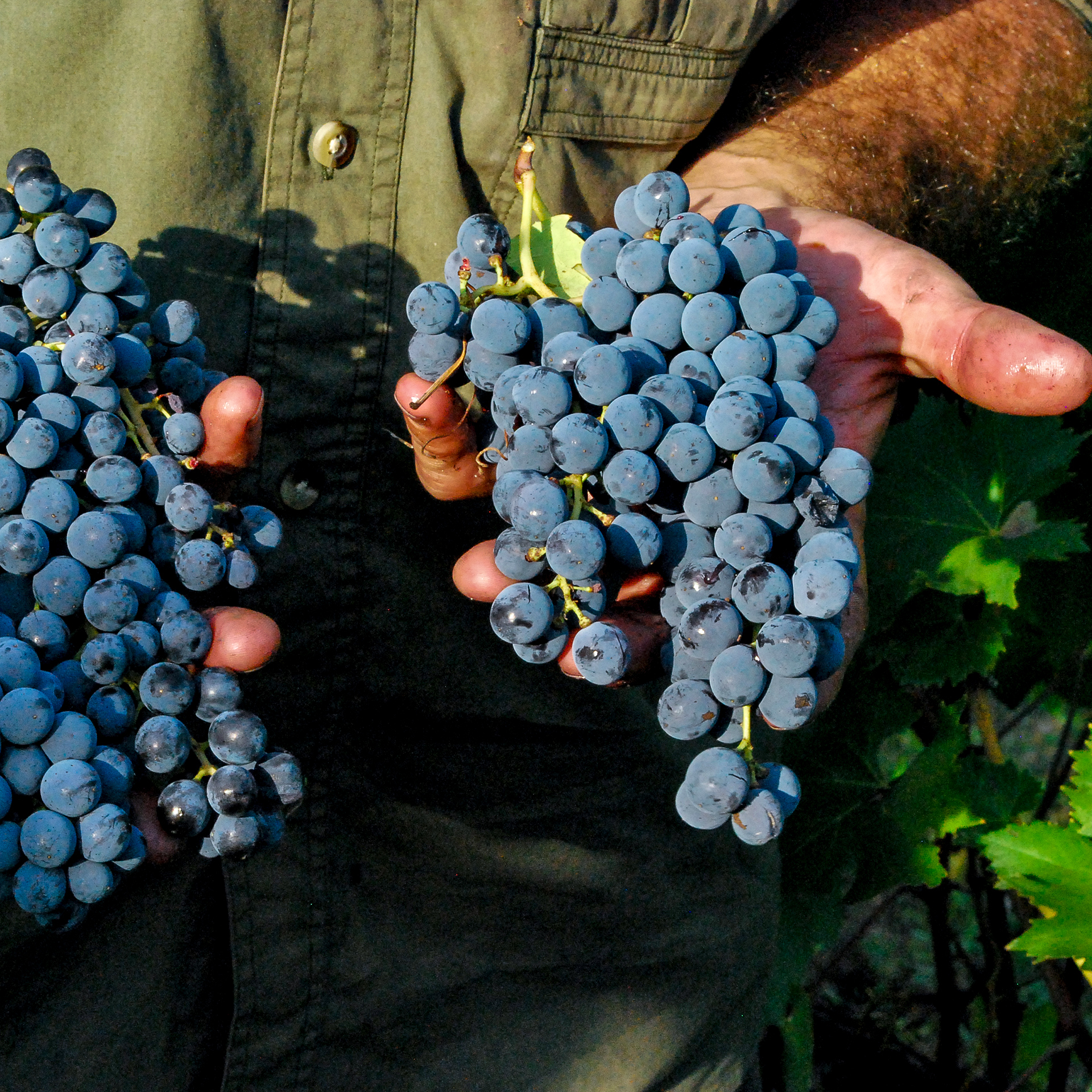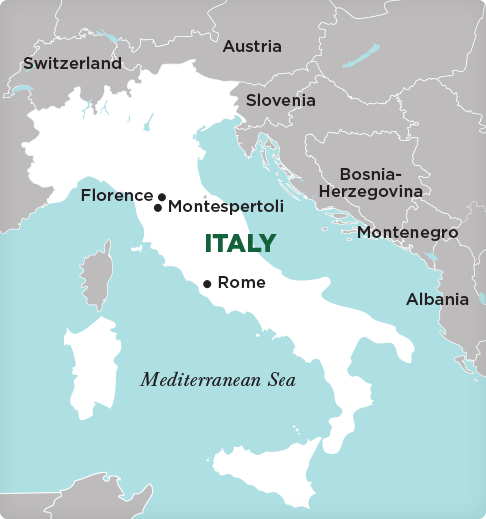Credits
6
Prerequisites
None
Courses taught in
English
Dates
Jun 1 – Jul 13
Program Countries
Italy
Program Base
Bologna
Visa
Varies
Critical Global Issue of Study
Climate & Environment

Engage with Italian food professionals and local communities to understand cultural ecologies, foodways, and sustainable agriculture practices.
6
None
English
Jun 1 – Jul 13
Italy
Bologna
Varies
Climate & Environment
SIT and Dickinson College have partnered to create a one-of-a-kind program in Italy, open to all students. Italy offers an unparalleled setting for exploring the connections between food, culture, and sustainability. Experience Italian food systems, from the culinary traditions of Bologna to the innovative urban food systems of Turin and the Venice lagoon ecosystem. Through these regions, you’ll gain an understanding of how geography, history, and culture shape Italian cuisine and influence sustainable agriculture practices.
Learn frameworks for understanding the relationship between food, environment, and culture, including bioregionalism and terroir. Italy’s role as the birthplace of the Slow Food movement, which works to ensure access to clean air and fair food, offers additional insights into how traditional food cultures can inform and shape modern approaches to sustainability.
Observe how efforts to address food insecurity involve a range of approaches, from improving agricultural practices and enhancing food distribution systems, to promoting sustainable food production and providing a social safety network. By studying food systems in the Italian context, you will develop cross-cultural awareness as you expand your understanding of the symbolic and nutritional role of food in societies.
None.


A day trip to this area near Bologna will expose you to the concepts of terroir and eno-gastronomic tourism as they pertain to the geo-cultural production of food. You will learn about the importance of water while visiting sites that produce “protected-designation-of-origin” (PDO) and “protected-geographical-indication” (PGI) foodstuffs such as culatello, parmigiano reggiano, and balsamic vinegar.
During a two-day field trip to Turin, the birthplace of the Slow Food movement, you will be immersed in the philosophy of sustainable, local food systems. In Turin you will explore urban agriculture initiatives and examples of urban regeneration through urban farming. Students will also examine food access in the city’s biggest market of Porta Palazzo and engage with local volunteer organizations to understand how the management of unsold food in markets shapes local food practices.
The two-day field trip to Venice will focus on the unique food ecosystem of the Venetian lagoon, exploring the challenges and opportunities of this distinctive bioregion. Engage with local farmers on the farming island of Sant’Erasmo, and examine sustainable approaches in agriculture. You will also gain a unique insight of urban farming right in the heart of Venice, in a monastery, and will investigate the recent blue crab invasion’s impact on ecology and the marketing of shellfish.
Please note that SIT will make every effort to maintain its programs as described. To respond to emergent situations, however, SIT may have to change or cancel programs.
Upon successful completion of the program, students will be able to:
The following syllabi are representative of this program. Because courses develop and change over time to take advantage of dynamic learning opportunities, actual course content will vary from term to term.
The syllabi can be useful for students, faculty, and study abroad offices in assessing credit transfer. Read more about credit transfer.
Bioregions and Food Cultures of Italy – syllabus
(FDST3000 / 3 credits)
Food cultures in Italy are extremely varied and complex. This course uses a different approach to the study of local food systems following the holistic concepts of bioregion and terroir. Regional food identities encompass landscapes, natural processes, and human elements as equal parts of a whole. The course has an emphasis on place-based learning and experiences related to food; students will visit various locations and complete hands-on activities, including workshops and dedicated tours. They will experience food not only as a discipline but also from a sensory standpoint. In fact, students’ knowledge formation during the course will be used to guide their key sensory drivers of taste perceptions and consumption during food taste experiences.
Food Cultures and Sustainability Project – syllabus
(IDST3000 / 3 credits)
This course runs parallel to the Bioregions and Food Cultures in Italy seminar throughout the duration of the program. This project component will offer students the opportunity to engage on a deeper level with one of the topics covered in the seminar to develop their academic skills and begin to develop professional soft skills. Students will familiarize themselves with current issues associated with Food Cultures and Sustainability in the Italian context by shadowing an expert in the chosen field (in consultation with the course instructor). Each student conducts an in-depth exploration of food cultures and sustainability approaches in Italy to produce an original final creative project and presents their results to the class and to local partners. Support is provided throughout the project by program faculty, who will aid students in choosing from a program-provided list of resources and project possibilities in Italy. The course includes Italian language instruction at the beginner’s level, as basic Italian language skills will enhance students’ shadowing of experts.



SIT Study Abroad is committed to ensuring that international education is within reach for all students. We believe in the transformative power of immersive, intercultural experiences and are dedicated to supporting students in their educational journey.
See All Costs
A critical step in preparing for your study abroad program is planning how you will maintain your health and wellbeing. Please review the following information carefully and contact [email protected] with any questions or concerns.
Learn More
Depending on your passport of origin, you may need a visa for this program. Please contact your admissions officer for more information.